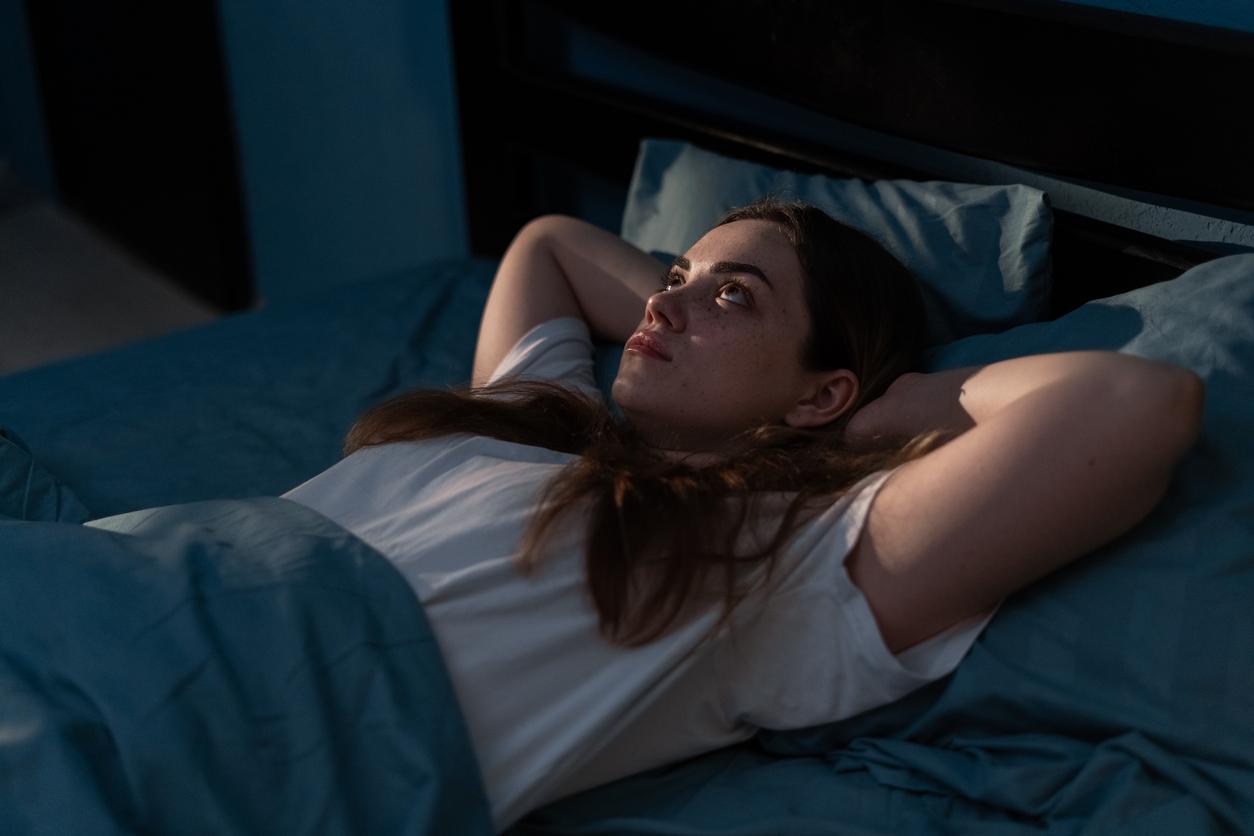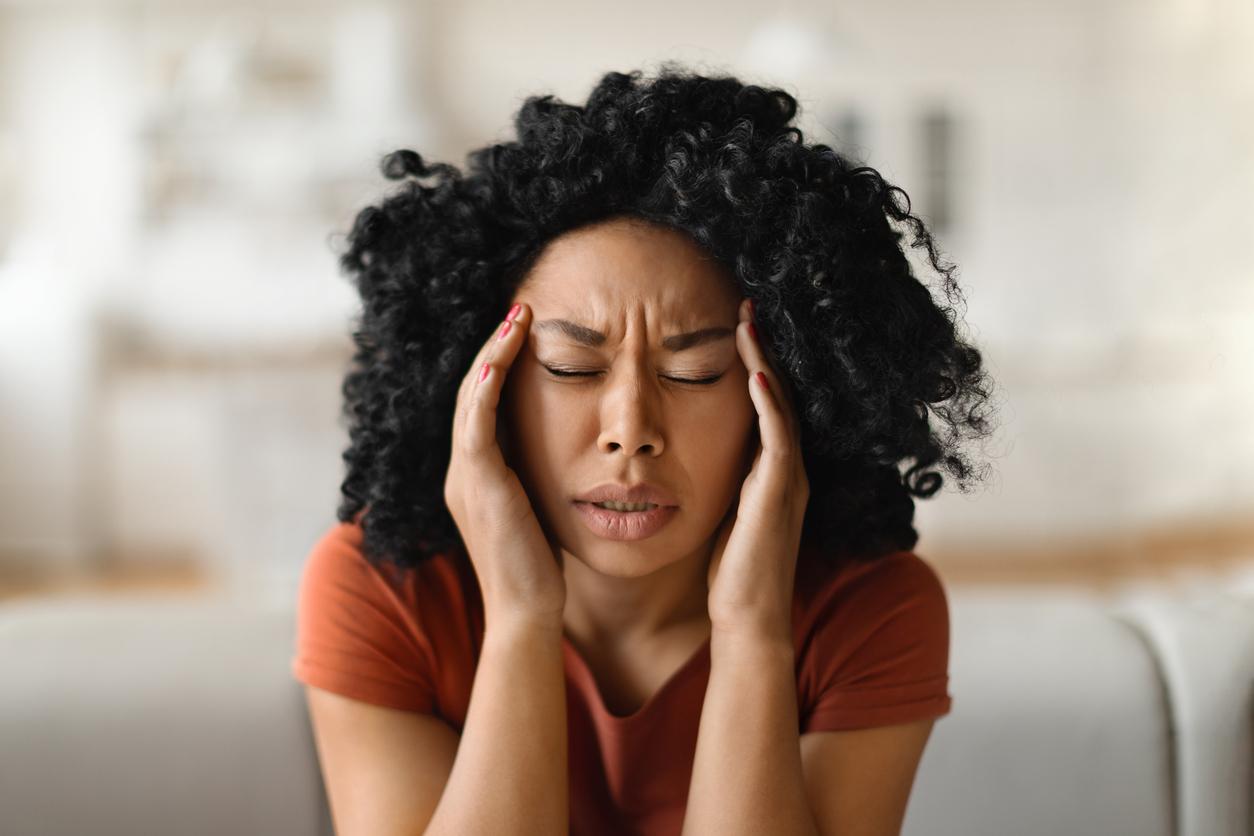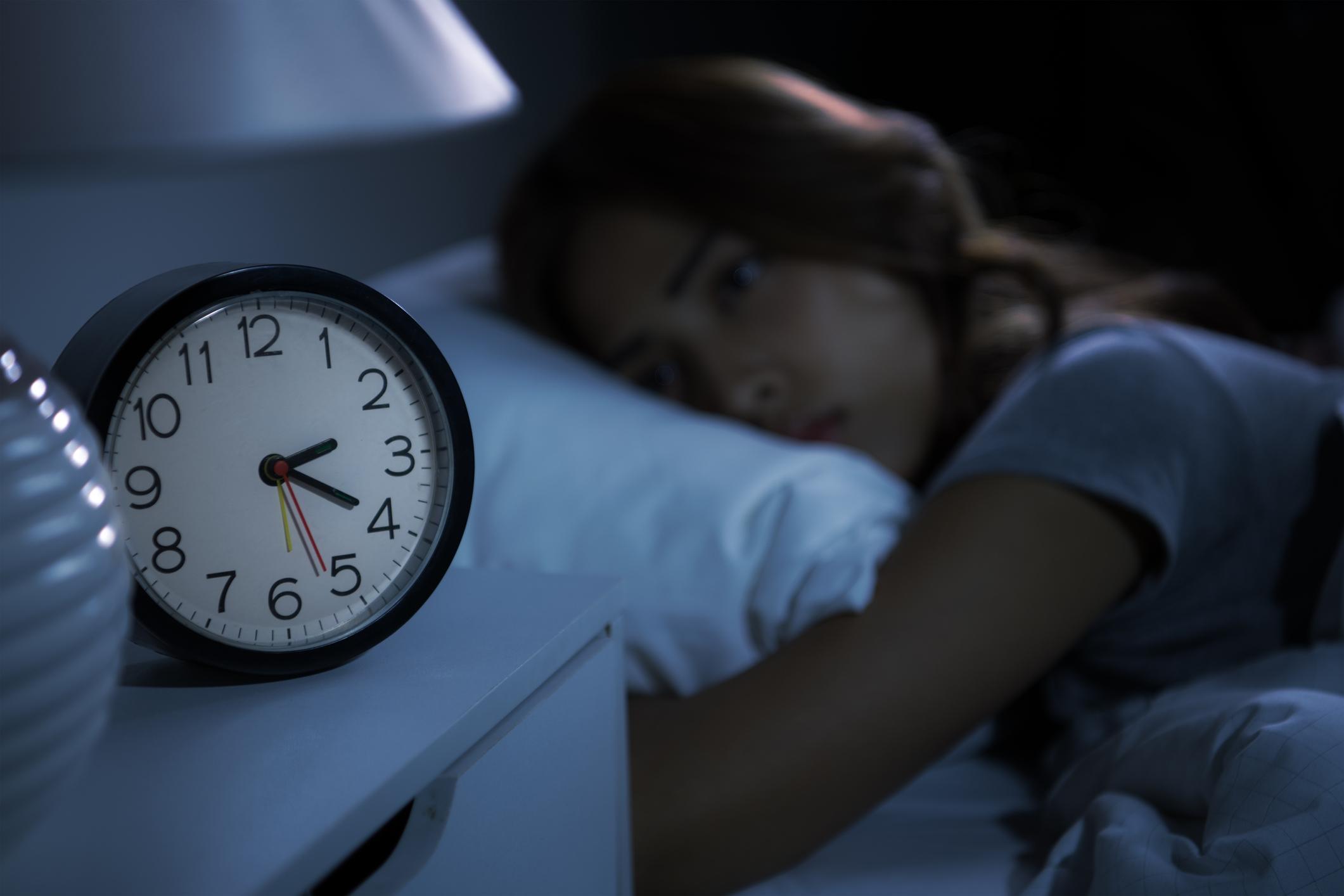We know what lack of sleep does to the body and to the mind. But how to act when the bad nights follow one another and the debt of sleep accumulates? In the world, 6–10% of the general adult population would be affected bychronic insomnia. It would even be one of the most common pathologies encountered in city medicine.
It is usually qualified as the feeling of a poor restorative quality of sleep, even though the environmental conditions are favorable to sleep. It is characterized by:
- A sleep onset or sleep maintenance disorder with an impact on the day.
- To be considered chronic, sleep disorders must be present at least three times a week for at least three months.
Otherwise the insomnia is qualified as transient.
And if the risk to the health of patients is well known, in particular accidents or higher risks of seeing certain diseases appear (depression, Alzheimer’s, high blood pressure), chronic insomnia also impacts the daily life and well-being of patients. According to the study conducted by Ipsos among French chronic insomniac patients, nearly 3 out of 4 patients (74%) report feeling frustrated with their insomnia, and nearly one in two patients feel ashamed (47%).
Chronic insomnia: what impact on a daily basis?
Patients surveyed report in particular:
- A lack of energy (71%);
- Decreased performance at work (41%);
- And even a impact on romantic relationshipsfriends or family and an impact on the role of parent (47%).
“Chronic insomnia is a disease in its own right, it is worrying to see that it is not yet recognized as such by the patients themselves and their loved ones. It is necessary to relieve all these patients who remain in therapeutic wandering for sometimes years. For this, we must intensify efforts to raise awareness of what is a real public health issue and for which patients have nothing to be ashamed of.“, says Dr. Sylvie Royant-Parola, sleep specialist. Even today, 39% of affected patients are reluctant to talk about their chronic insomnia to a healthcare professional.
What solutions against chronic insomnia?
Nearly half of the patients surveyed feel lost and have the feeling that there is no psychological or medical treatment for the disease, leading to great frustration for 74% of them. And it is true that in France, no drug treatment is available to treat chronic insomnia. 61% of chronic insomniacs surveyed believe that their insomnia is not under control. But in case of treatment, 74% of them say they fear drug addiction and 67% to side effects.
More than 9 out of 10 patients have tried to remedy their insomnia themselves, for example by reducing their caffeine consumption or by adopting more physical activity. “We have seen a real need for effective therapeutic solutions so that patients with chronic insomnia find restful sleep and can regain full possession of their daily lives.“, concludes Dr. Marie-Ange Peretti, medical director of Idorsia.
Source :
- Ipsos study for Idorsia, Impact on Sleep and Destigmatizing Insomnia Patient Survey. Conducted between August 4 and 17, 2022 with 150 patients, aged 35 to 65, with moderate to severe insomnia.
















